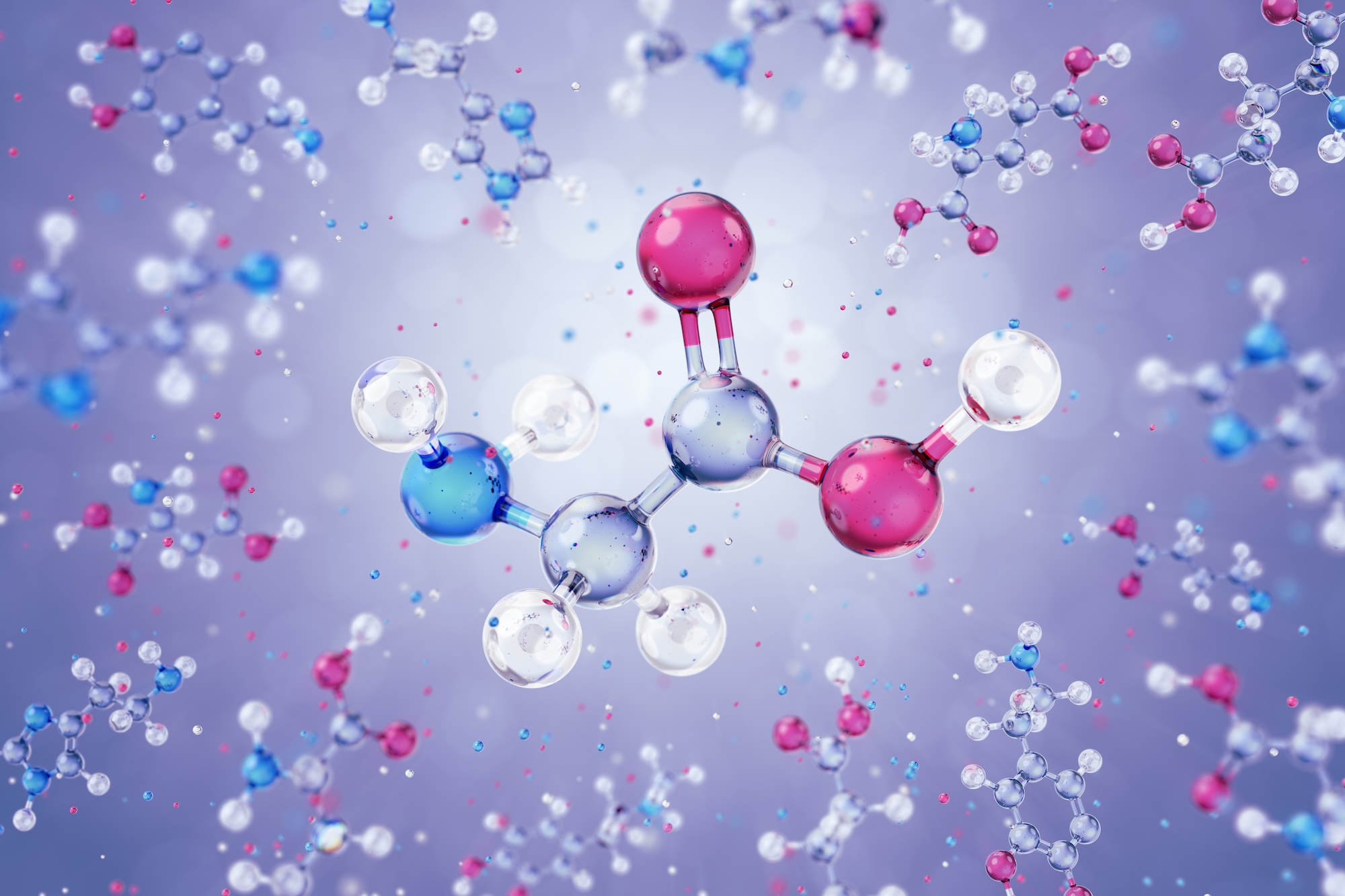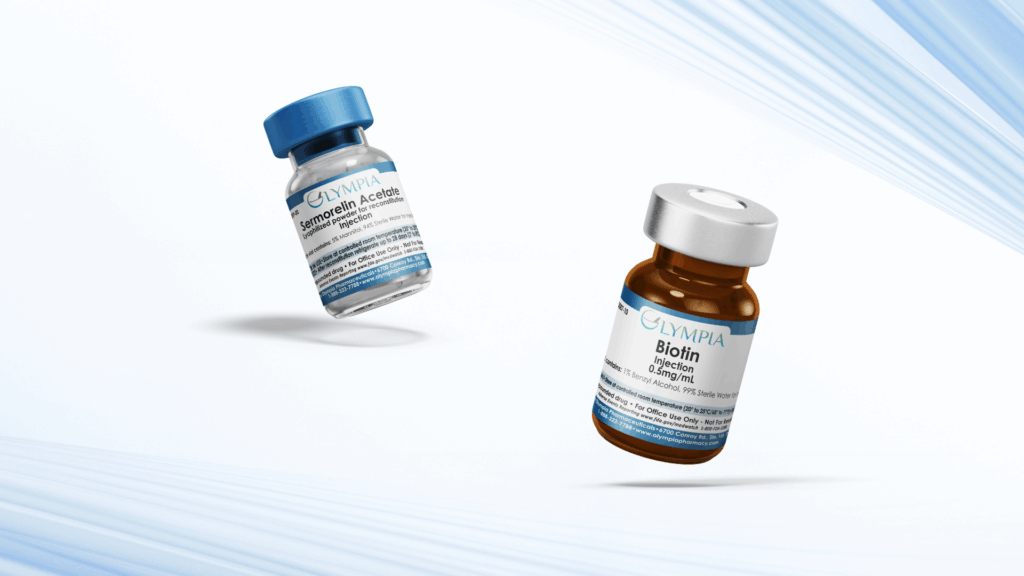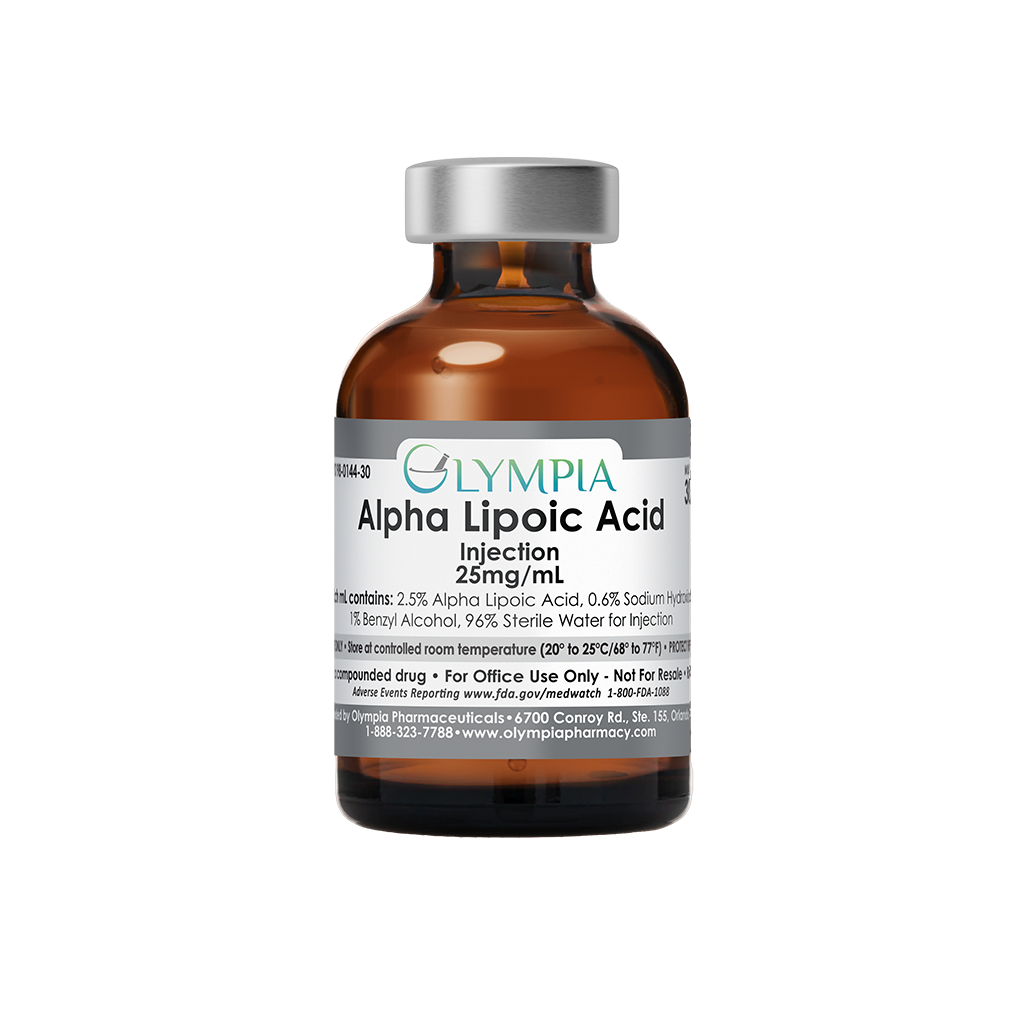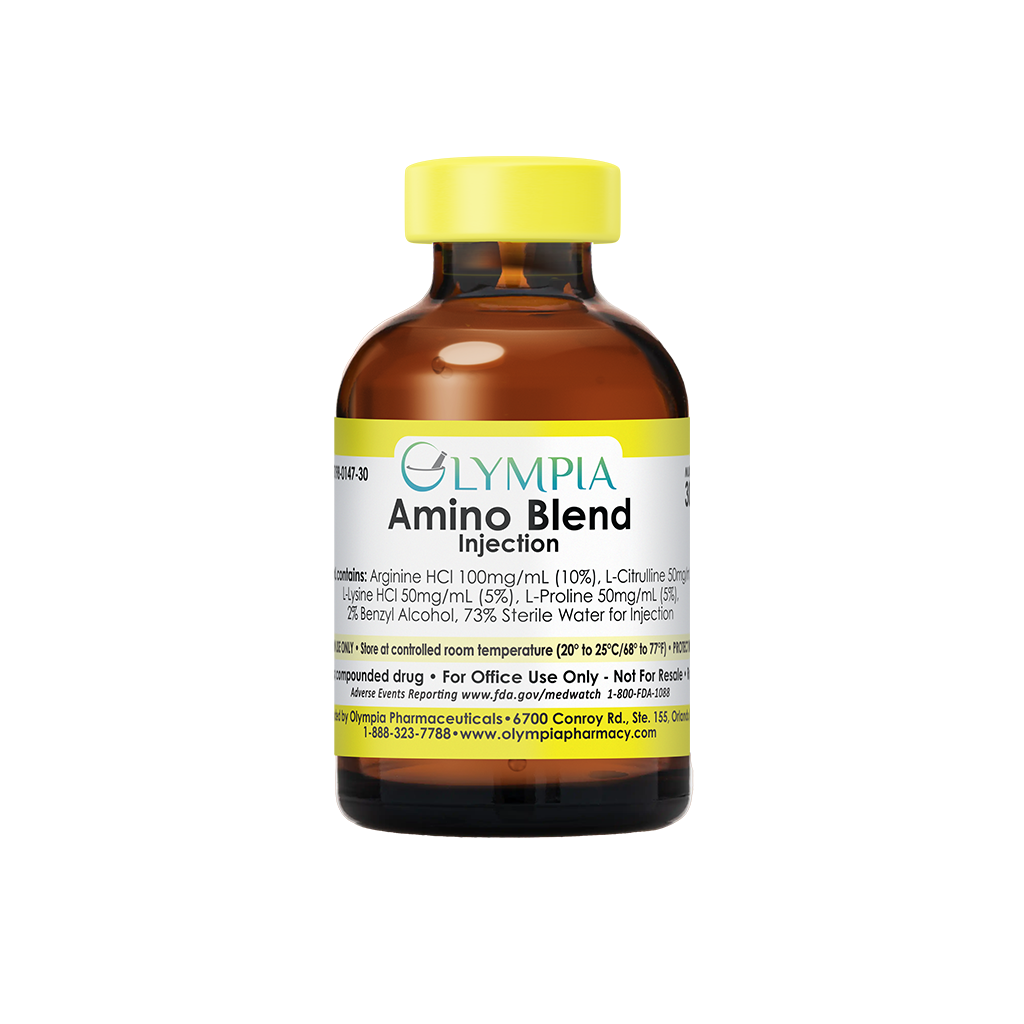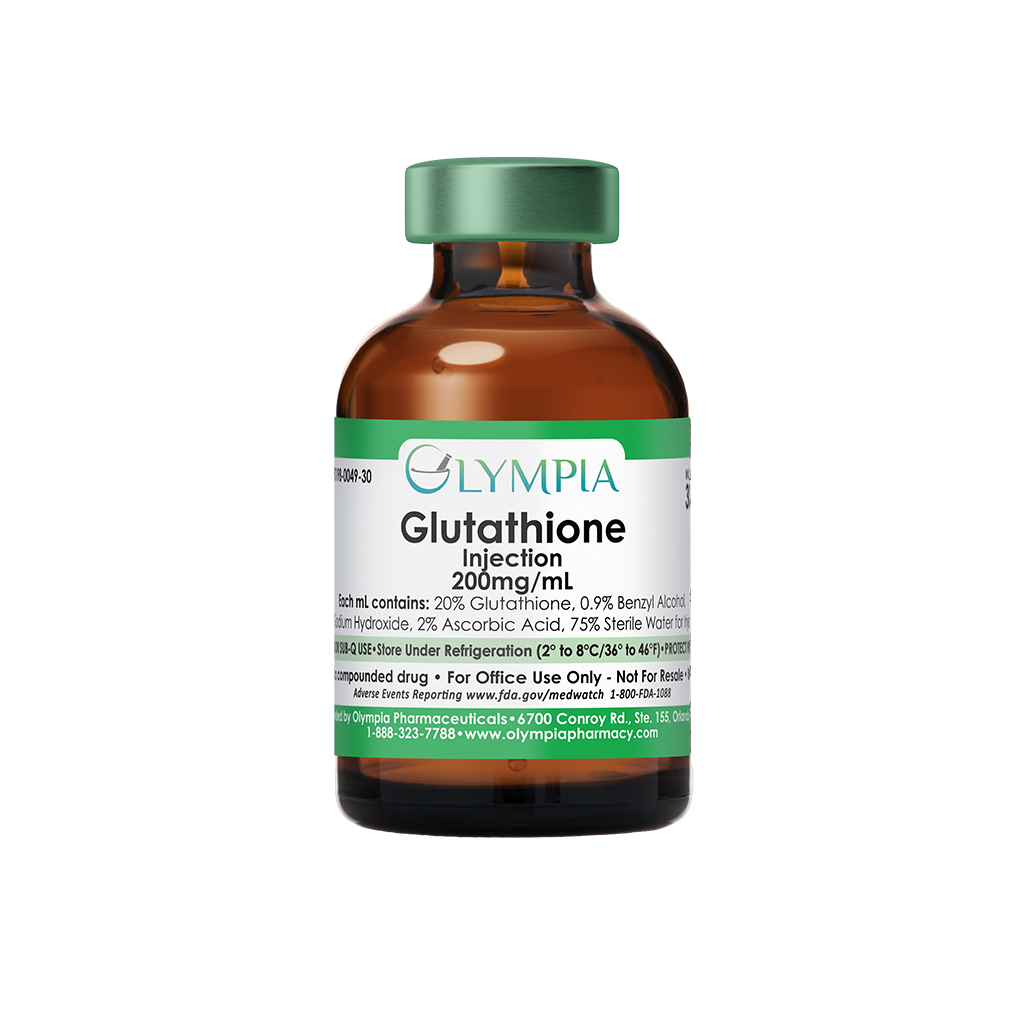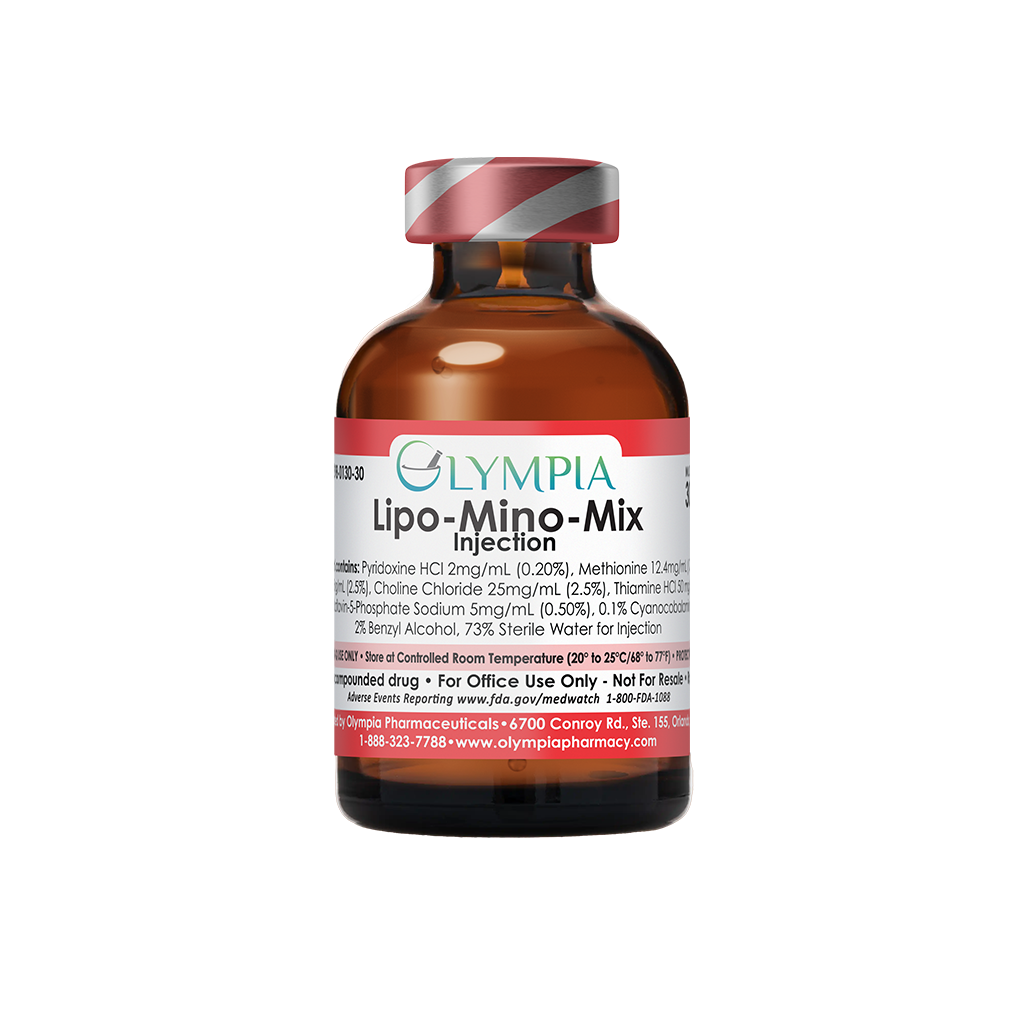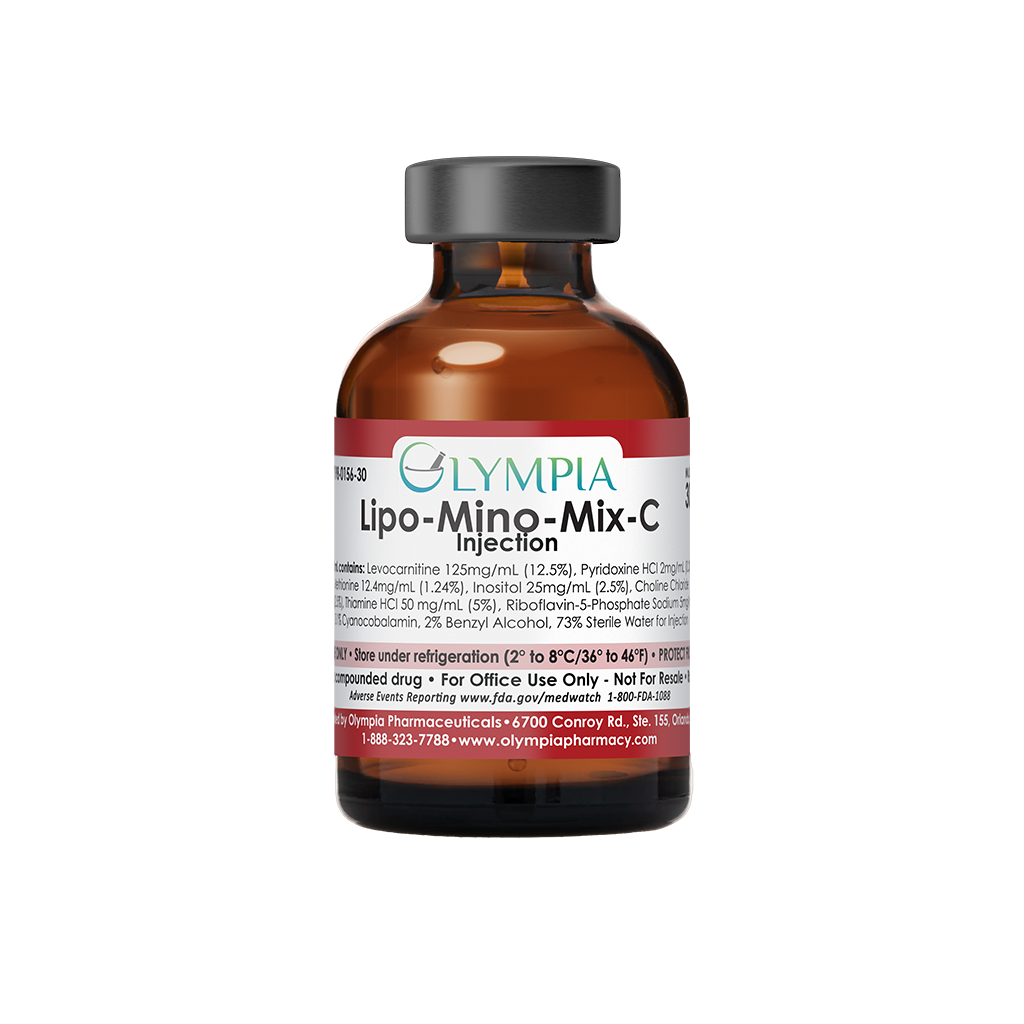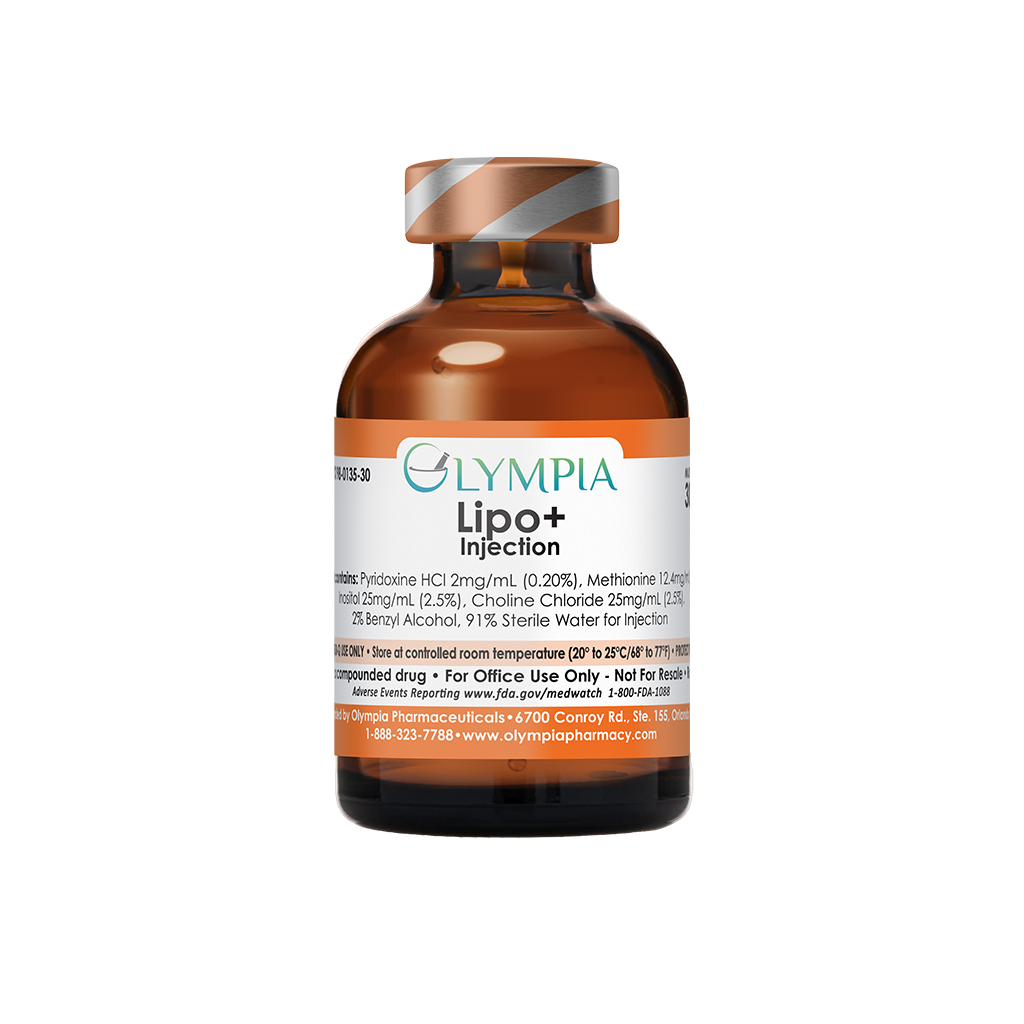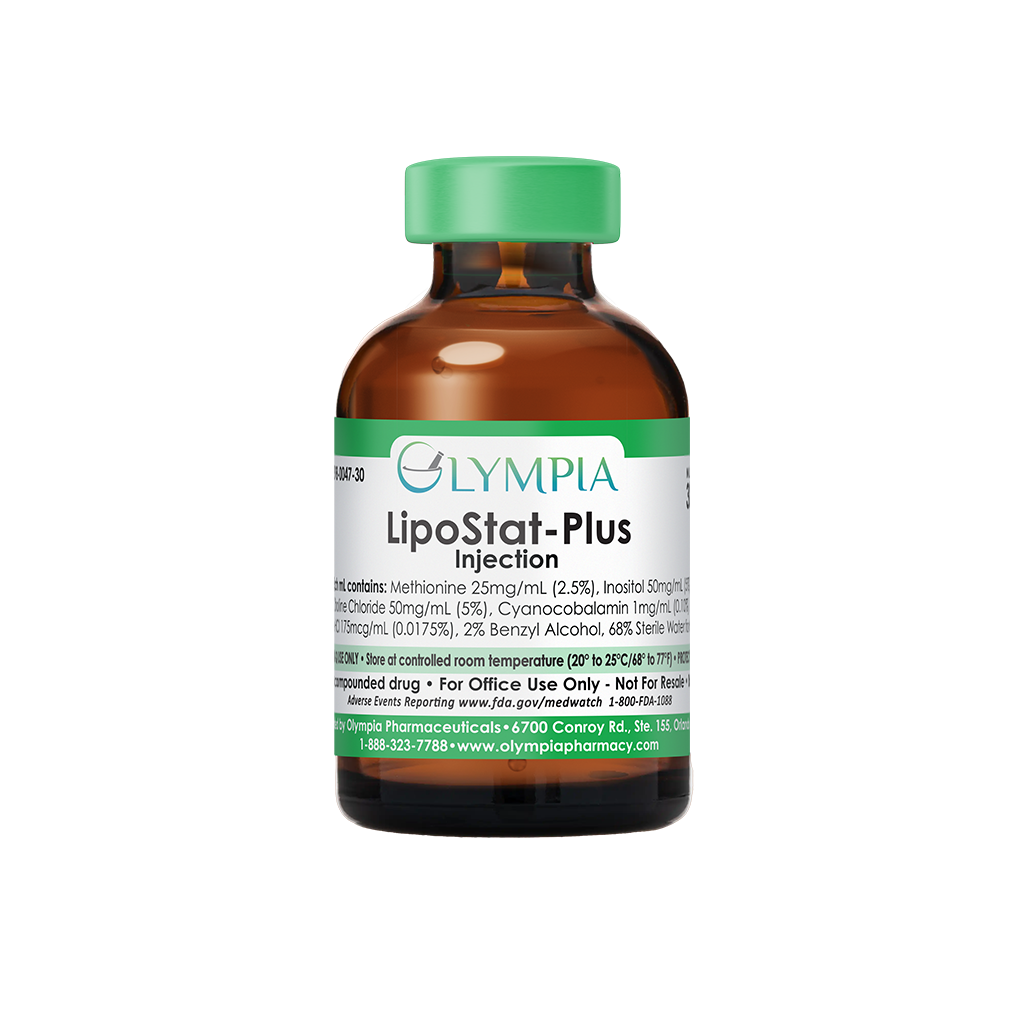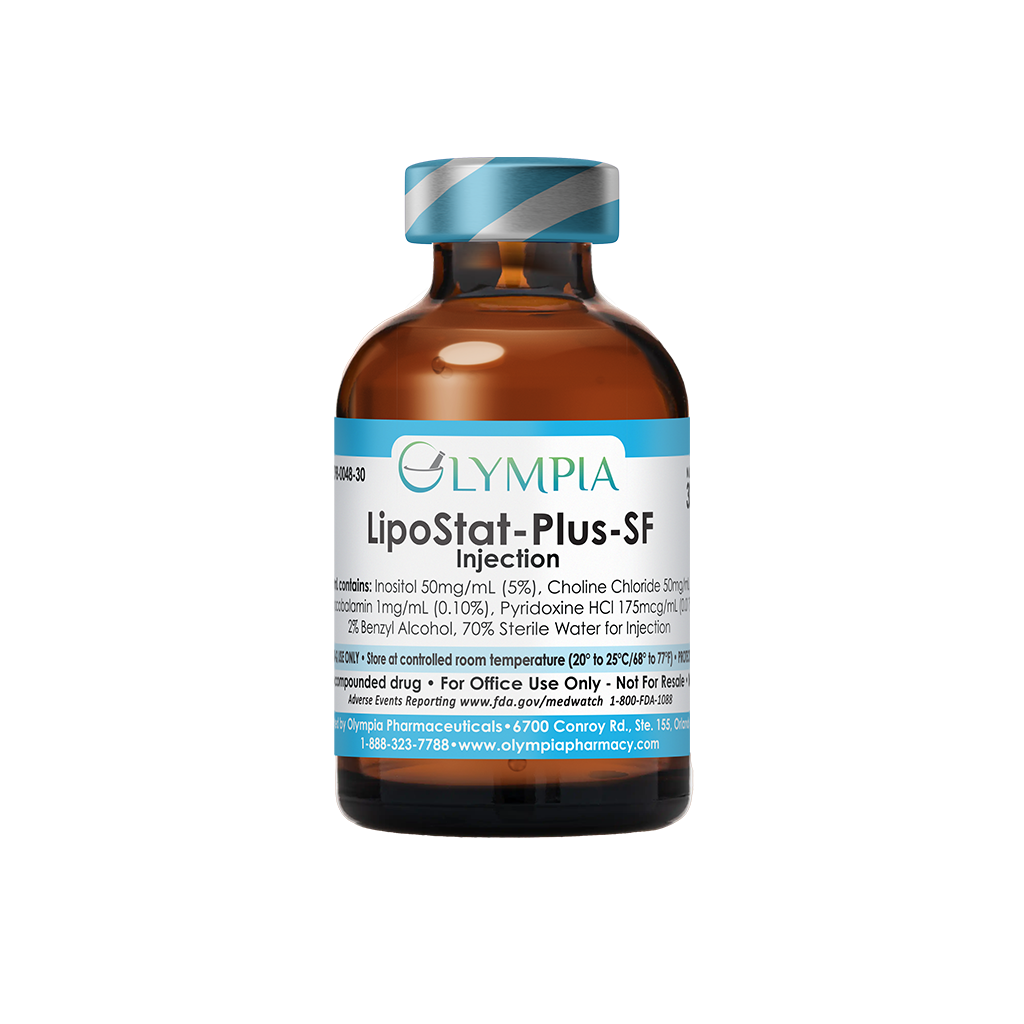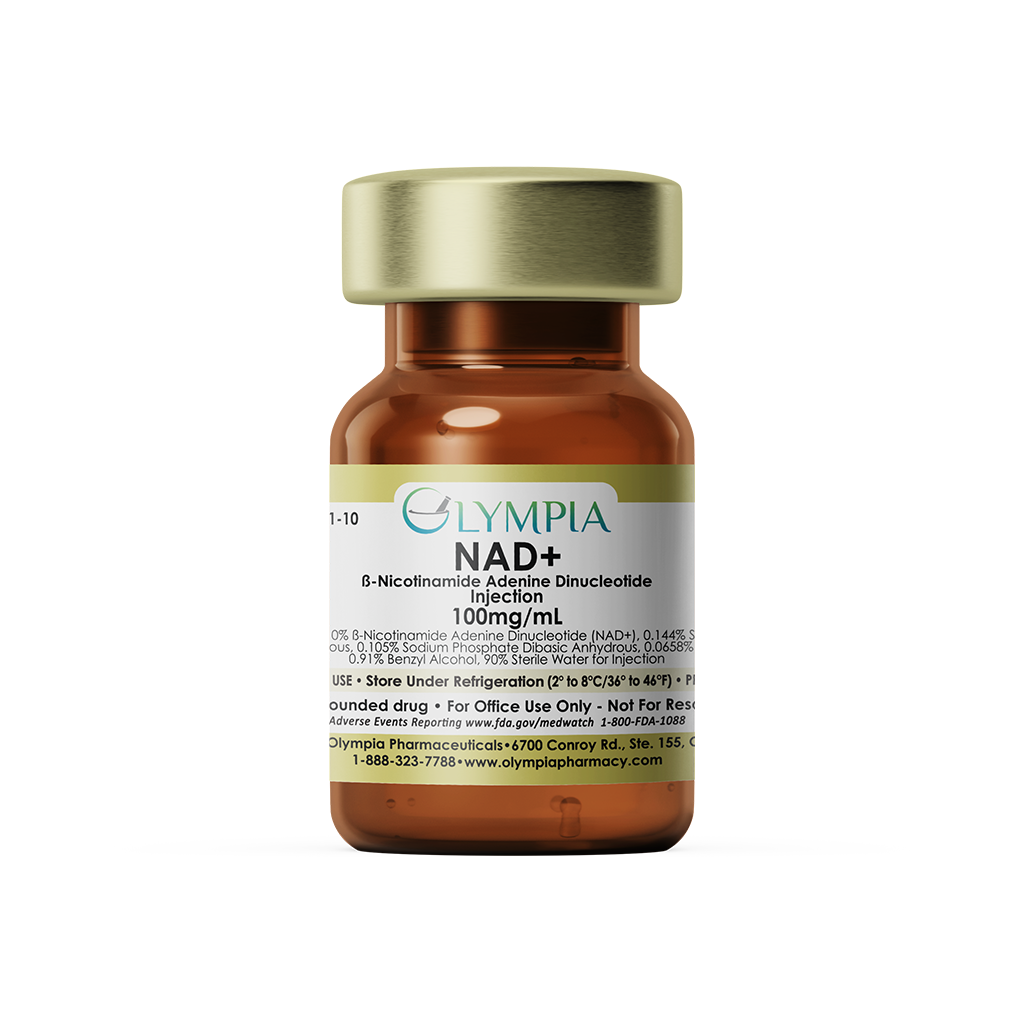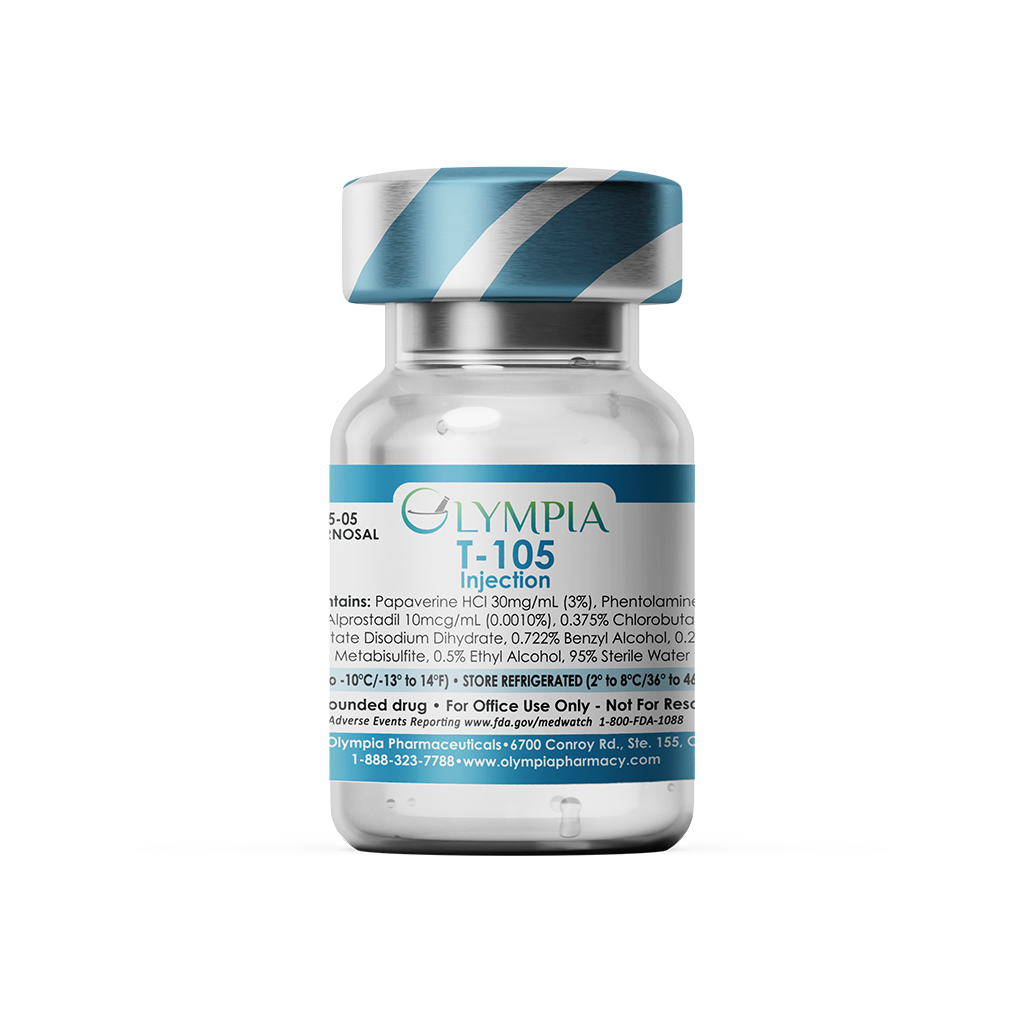Physical and mental stress can take a toll on your body, slowing down recovery, draining your energy and affecting your overall performance. When that happens, it’s often not just about rest or willpower. Your body may be missing some of the raw materials it needs. That’s where amino acids come in.
These essential compounds are involved in nearly every biological process, from repairing tissue and supporting the immune system to producing energy and neurotransmitters. While your body gets amino acids from food, certain conditions, such as illness, injury, intense training or chronic stress, can increase your needs beyond what diet alone can provide.
In this article, we’ll take a closer look at what amino acids do and when it might make sense to consider amino acid injections.
What Are Amino Acids?
[wpcode id=”9110″]
Amino acids are molecules your body uses to build proteins, repair tissue, produce hormones and support immune defenses. Of the 20 amino acids, nine are considered essential, meaning your body can’t make them on its own. You have to get them through food or supplementation.
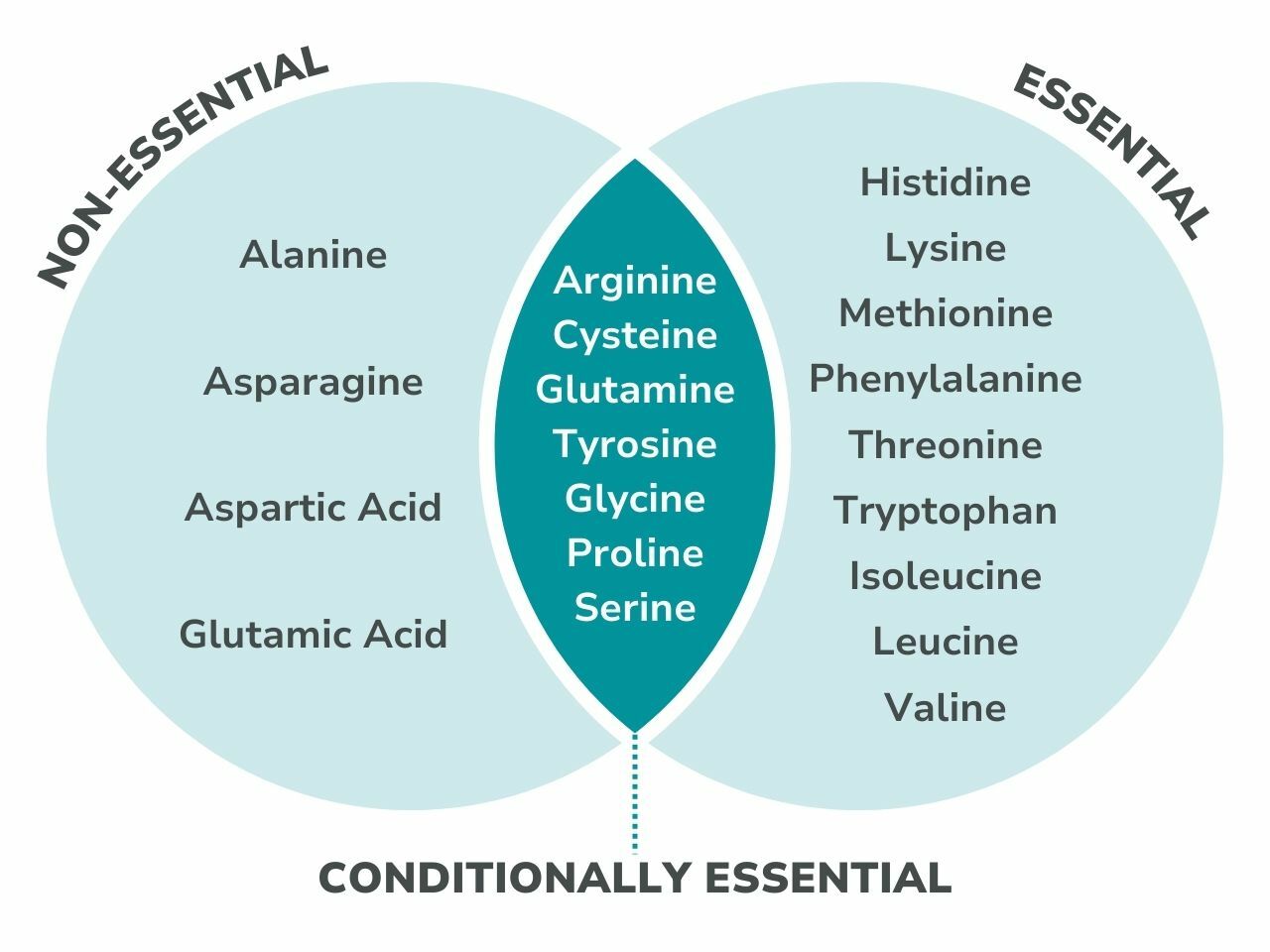
Typically, a healthy diet provides enough amino acids for your body to function well. But during times of stress, intense physical activity, illness or recovery, your body may need more than food alone can offer.
Benefits of Amino Acids and How They Support Your Health
Amino acids are involved in nearly every biological process in the body. Whether you’re healing from an injury, pushing through intense workouts or simply trying to stay energized and focused throughout the day, amino acids play a vital role.
Muscle Recovery and Strength
Certain amino acids, especially the branched-chain amino acids (BCAAs) like leucine, isoleucine and valine, are directly involved in muscle repair and protein synthesis. Leucine, in particular, activates a key muscle-building pathway in the body, known as mTOR, which helps rebuild and strengthen muscle tissue after stress or exercise.
Immune System Support
Amino acids such as glutamine, arginine and cysteine are key players in immune function. Glutamine fuels immune cells like lymphocytes and macrophages, which are your body’s first line of defense against infection. Arginine is involved in the production of nitric oxide (NO), a molecule that plays a key role in immune signaling and pathogen defense. Cysteine is needed to produce glutathione, one of the body’s most important antioxidants. Glutathione protects immune cells from oxidative stress during inflammation and infection.
Energy Production
Amino acids help convert nutrients into energy at the cellular level. Compounds like carnitine, derived from the amino acids lysine and methionine, help transport fatty acids into cells to be used as energy sources. Others, like tyrosine, support the production of brain chemicals that regulate alertness and motivation. When your body is low on these key nutrients, the result can be low stamina, mental fatigue or persistent sluggishness.
Cognitive Function and Mental Clarity
Several amino acids serve as precursors for neurotransmitters that influence mood, sleep and focus. Tryptophan, for instance, helps the brain produce serotonin, which supports emotional stability and restful sleep. Phenylalanine and tyrosine contribute to the production of dopamine and norepinephrine, which affect concentration, resilience under stress and mental clarity.
Metabolism and Weight Management
Amino acids play a role in fat metabolism, insulin sensitivity and appetite regulation. Leucine may help preserve lean muscle while promoting fat loss. Arginine enhances blood flow and insulin response, two key factors in metabolic efficiency. Without adequate amino acid intake from external sources, such as dietary protein, the body may start breaking down muscle protein into amino acids for energy, which can slow metabolism over time.
What Are Amino Acid Injections?
Amino acid injections are a form of nutrient therapy that delivers concentrated amino acids directly into the bloodstream. This bypasses the digestive system, allowing for faster, more efficient absorption, which can be especially beneficial when nutrient needs are high or when digestion is impaired.
These injections can be formulated based on individual health goals and are often used to support energy, recovery, immune function and metabolic health.
How Amino Acid Injections Work and Why They’re Beneficial
When taken as pills or powders, amino acids must pass through the digestive system before reaching your bloodstream. Along the way, several factors can limit how much your body actually absorbs. For example, stomach acid may break down certain compounds, and digestive efficiency can vary from person to person. Additionally, the absorption process itself is competitive, with amino acids and other nutrients vying for uptake in the small intestine. As a result, only a fraction of the amino acids you consume orally may actually make it into circulation and become available to your cells.
Amino acid injections bypass the digestive system entirely, delivering nutrients directly into the bloodstream. This method ensures faster and more reliable absorption, allowing your body to quickly access and utilize key amino acids.
Who Might Benefit From Amino Acid Therapy?

Athletes and Physically Active Individuals
Those who train regularly or engage in high-intensity exercise may benefit from amino acid injections to speed muscle recovery, reduce soreness and improve endurance. A concentrated amino acid blend can help fuel muscle repair and maintain lean mass, which can be especially useful during intense training periods or competition.
People Recovering from Illness, Injury or Surgery
During recovery, the body requires additional nutrients to rebuild tissue, fight inflammation and restore strength. Injections can provide the necessary building blocks, particularly when appetite is low or digestive function is impaired.
Individuals Experiencing Fatigue, Burnout or Chronic Stress
Fatigue and burnout are often linked to depleted nutrient stores. Certain amino acids support neurotransmitter production and energy metabolism, which helps improve mood, focus and stamina. Injections offer a direct way to replenish those nutrients and promote recovery from physical or mental exhaustion.
Those Focused on Metabolic Health or Weight Management
Specific amino acids play important roles in fat metabolism, insulin sensitivity and muscle preservation. Injections can enhance metabolic support during weight loss efforts, helping the body burn fat while maintaining lean tissue.
When To Consider Amino Acid Therapy
Amino acid injections may be worth exploring if you’re:
- Engaged in regular strenuous physical activity
- Recovering from surgery, illness or injury
- Struggling with ongoing fatigue or low energy
- Experiencing chronic stress or disrupted sleep
- Managing weight or working on metabolic health
- Looking for extra support during times of physical or emotional strain
A qualified healthcare provider can help assess your needs and determine whether amino acid therapy is appropriate, tailoring a formula to support your individual goals.
Support Your Health Goals with Amino Acid Injections
Whether you’re recovering from a setback or just want to feel more energized and resilient, amino acid injections offer targeted support to help your body thrive.
If you’re interested in learning more about how amino acid therapy could fit into your wellness plan, Olympia offers a range of high-quality injectable formulations designed for a variety of health goals. Explore our amino acid injectables to find the right option for your needs and take the next step in supporting your health from the inside out.
[button url=”https://www.olympiapharmacy.com/amino-acid-injectables/”]Learn More About Amino Acid Injectables[/button]
References
- Lopez MJ, Mohiuddin SS. Biochemistry, Essential Amino Acids. [Updated 2024 Apr 30]. In: StatPearls [Internet]. Treasure Island (FL): StatPearls Publishing; 2025 Jan-.
- Institute of Medicine (US) Committee on Nutrition, Trauma, and the Brain; Erdman J, Oria M, Pillsbury L, editors. Nutrition and Traumatic Brain Injury: Improving Acute and Subacute Health Outcomes in Military Personnel. Washington (DC): National Academies Press (US); 2011. 8, Branched-Chain Amino Acids.
- Duan Y, Li F, Li Y, Tang Y, Kong X, Feng Z, Anthony TG, Watford M, Hou Y, Wu G, Yin Y. The role of leucine and its metabolites in protein and energy metabolism. Amino Acids. 2016 Jan;48(1):41-51. doi: 10.1007/s00726-015-2067-1. Epub 2015 Aug 9. PMID: 26255285.
- Newsholme P. Why is L-glutamine metabolism important to cells of the immune system in health, postinjury, surgery or infection? J Nutr. 2001 Sep;131(9 Suppl):2515S-22S; discussion 2523S-4S. doi: 10.1093/jn/131.9.2515S. PMID: 11533304.
- Kelly B, Pearce EL. Amino Assets: How Amino Acids Support Immunity. Cell Metab. 2020 Aug 4;32(2):154-175. doi: 10.1016/j.cmet.2020.06.010. Epub 2020 Jul 9. PMID: 32649859.
- Wu G, Meininger CJ, McNeal CJ, Bazer FW, Rhoads JM. Role of L-Arginine in Nitric Oxide Synthesis and Health in Humans. Adv Exp Med Biol. 2021;1332:167-187. doi: 10.1007/978-3-030-74180-8_10. PMID: 34251644.
- Sekhar RV, Patel SG, Guthikonda AP, Reid M, Balasubramanyam A, Taffet GE, Jahoor F. Deficient synthesis of glutathione underlies oxidative stress in aging and can be corrected by dietary cysteine and glycine supplementation. Am J Clin Nutr. 2011 Sep;94(3):847-53. doi: 10.3945/ajcn.110.003483. Epub 2011 Jul 27. PMID: 21795440; PMCID: PMC3155927.
- Longo N, Frigeni M, Pasquali M. Carnitine transport and fatty acid oxidation. Biochim Biophys Acta. 2016 Oct;1863(10):2422-35. doi: 10.1016/j.bbamcr.2016.01.023. Epub 2016 Jan 29. PMID: 26828774; PMCID: PMC4967041.
- Young SN. L-tyrosine to alleviate the effects of stress? J Psychiatry Neurosci. 2007 May;32(3):224. PMID: 17476368; PMCID: PMC1863555.
- Lou HC. Dopamine precursors and brain function in phenylalanine hydroxylase deficiency. Acta Paediatr Suppl. 1994 Dec;407:86-8. doi: 10.1111/j.1651-2227.1994.tb13461.x. PMID: 7766968.
- Li Z, Wang F, Liang B, Su Y, Sun S, Xia S, Shao J, Zhang Z, Hong M, Zhang F, Zheng S. Methionine metabolism in chronic liver diseases: an update on molecular mechanism and therapeutic implication. Signal Transduct Target Ther. 2020 Dec 4;5(1):280. doi: 10.1038/s41392-020-00349-7. PMID: 33273451; PMCID: PMC7714782.
- Pathak K, Zhao Y, Calton EK, James AP, Newsholme P, Sherriff J, Soares MJ. The impact of leucine supplementation on body composition and glucose tolerance following energy restriction: an 8-week RCT in adults at risk of the metabolic syndrome. Eur J Clin Nutr. 2024 Feb;78(2):155-162. doi: 10.1038/s41430-023-01360-1. Epub 2023 Nov 3. PMID: 37923932; PMCID: PMC10853066.
- Piatti PM, Monti LD, Valsecchi G, Magni F, Setola E, Marchesi F, Galli-Kienle M, Pozza G, Alberti KG. Long-term oral L-arginine administration improves peripheral and hepatic insulin sensitivity in type 2 diabetic patients. Diabetes Care. 2001 May;24(5):875-80. doi: 10.2337/diacare.24.5.875. PMID: 11347747.
- National Institutes of Health (US), Office of Dietary Supplements. Dietary Supplements for Exercise and Athletic Performance – Health Professional Fact Sheet [Internet]. Bethesda (MD): National Institutes of Health (US); 2025 Apr 1.
- Carbone JW, Pasiakos SM. Dietary Protein and Muscle Mass: Translating Science to Application and Health Benefit. Nutrients. 2019 May 22;11(5):1136. doi: 10.3390/nu11051136. PMID: 31121843; PMCID: PMC6566799.
